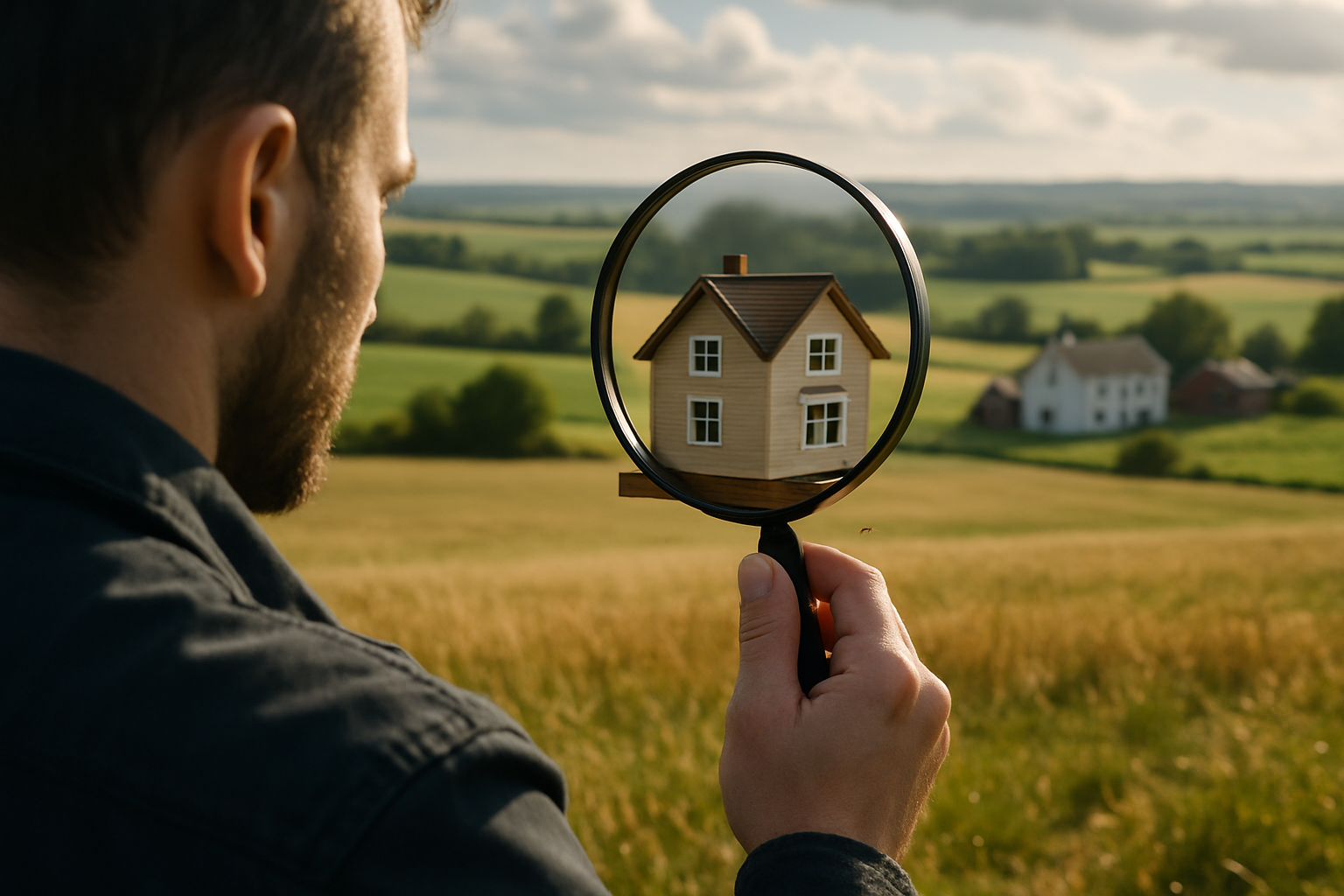Buying a House: Your Guide to Rural Real Estate
Finding the perfect home in a rural setting can be an exciting yet challenging journey. Whether you're looking for a peaceful retreat or a place to start your homesteading dreams, rural real estate offers unique opportunities and considerations. This comprehensive guide will walk you through the key aspects of buying a house in the countryside, helping you navigate the rural property market with confidence.

What are the benefits of buying a rural home?
Purchasing a house in a rural area comes with several advantages. Firstly, rural properties often offer more space and privacy compared to urban dwellings. You’re likely to have larger lot sizes, which can be ideal for gardening, keeping animals, or simply enjoying the great outdoors. Additionally, rural homes tend to be more affordable than their urban counterparts, allowing buyers to get more house for their money. The slower pace of life and tight-knit communities often found in rural areas can also contribute to a higher quality of life for many homeowners.
What should you consider when looking at rural properties?
When searching for a rural home, there are several factors to keep in mind. Access to utilities is a crucial consideration, as some rural properties may not be connected to municipal water or sewer systems. Instead, they might rely on wells and septic tanks, which require regular maintenance. Internet and cell phone connectivity can also be more limited in rural areas, so it’s essential to research available services before committing to a property.
How does the rural real estate market differ from urban markets?
The rural real estate market often operates differently from urban markets. Properties may stay on the market longer, and there might be fewer comparable sales to help determine fair market value. This can make pricing more challenging, but it also means there’s often more room for negotiation. Rural properties may also have unique features or land uses that can affect their value, such as agricultural potential or natural resources.
What are the potential challenges of rural home ownership?
While rural living has many benefits, it’s important to be aware of potential challenges. Commute times to work, schools, or amenities may be longer, and public transportation options are often limited. Emergency services might have longer response times, and healthcare facilities could be farther away. Additionally, rural properties may require more maintenance, especially if they come with large acreage or outbuildings. It’s crucial to factor these considerations into your decision-making process when buying a rural home.
How can you finance a rural property purchase?
Financing a rural property can sometimes be more complex than obtaining a mortgage for an urban home. Some lenders may have stricter requirements for rural properties, particularly if the home is on a large acreage or has unique features. However, there are specialized loan programs available for rural homebuyers, such as USDA Rural Development loans, which can offer favorable terms for eligible properties and buyers. It’s advisable to work with a lender experienced in rural property transactions to explore all your financing options.
When considering the purchase of a rural home, it’s essential to weigh the pros and cons carefully. The allure of country living, with its open spaces and natural beauty, can be incredibly appealing. However, it’s crucial to balance this with practical considerations such as property maintenance, access to services, and lifestyle adjustments. By thoroughly researching and understanding the unique aspects of rural real estate, you can make an informed decision that aligns with your homeownership goals and lifestyle preferences.






